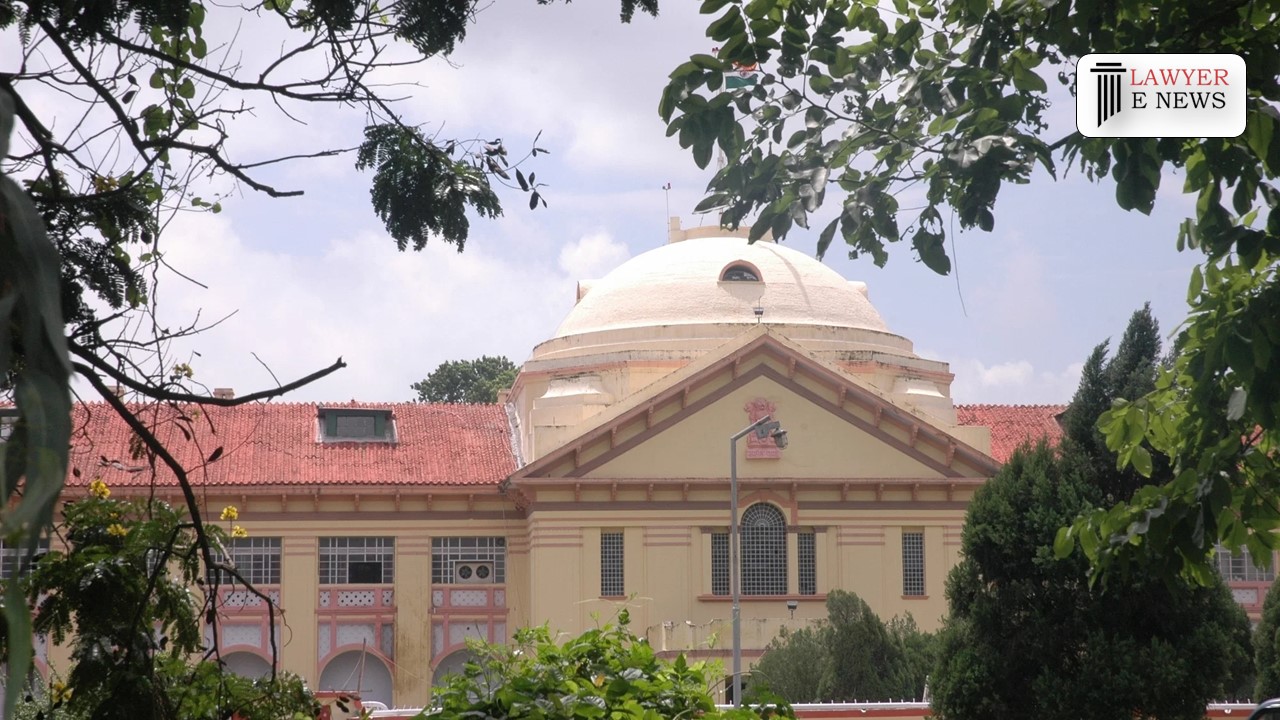-
by Admin
15 February 2026 2:16 AM



High Court Directs Petitioners to Convert Writ Petition into Civil Miscellaneous Petition
The High Court of Judicature at Patna, under the bench of Honourable Mr. Justice Mohit Kumar Shah, delivered a crucial judgment on 3rd July 2024, in Civil Writ Jurisdiction Case No. 948 of 2015. The court directed the petitioners to convert their writ petition into a Civil Miscellaneous Petition, underscoring the legal distinction between Articles 226 and 227 of the Indian Constitution and reiterating the non-amenability of judicial orders of civil courts to writ jurisdiction under Article 226.
The case involved petitioners Md. Shakeel Ahmad and others, challenging the order dated 18th December 2014, passed by the District & Sessions Judge-IV, Bettiah, West Champaran, in Title Appeal No. 67/12. The challenged order had allowed an application under Order 1 Rule 10(2) read with Section 151 of the Civil Procedure Code (CPC) for the addition of parties. The petitioners contended that the Appellate Court’s decision was mechanical and lacked due inquiry into the facts and circumstances of the case.
Justice Mohit Kumar Shah referred extensively to the landmark judgment of the Supreme Court in Radhey Shyam v. Chhabi Nath (2015) 5 SCC 423, emphasizing the critical distinction between Articles 226 and 227 of the Constitution. The court observed:
“Judicial orders of civil courts are not amenable to a writ of certiorari under Article 226. Jurisdiction under Article 227 is distinct from jurisdiction under Article 226.”
This distinction is vital because while Article 226 pertains to the power of High Courts to issue certain writs, Article 227 grants High Courts supervisory jurisdiction over subordinate courts.
The court reiterated the principles from Radhey Shyam v. Chhabi Nath, highlighting that judicial orders should be challenged via appeal, revision, or under Article 227, not under Article 226. Justice Shah quoted the Supreme Court, noting:
“The scope of Articles 226 and 227 was not obliterated. Despite the curtailment of revisional jurisdiction under Section 115 CPC, jurisdiction under Article 227 remains unaffected.”
The judgment underscores the procedural appropriateness required in filing petitions. Justice Shah emphasized that writ petitions are not the correct procedural remedy for challenging judicial orders of civil courts. Instead, such matters should be pursued through civil miscellaneous jurisdiction under Article 227, aligning with procedural amendments post-Radhey Shyam.
Justice Shah highlighted the procedural misstep, stating:
“Considering the law laid down by the Hon’ble Apex Court in Radhey Shyam v. Chhabi Nath, the present writ petition must be converted into a Civil Miscellaneous Petition.”
The High Court granted the petitioners two weeks to convert their writ petition into a Civil Miscellaneous Petition and directed the registry to expedite the process. This decision reinforces the procedural rigor required in filing petitions and delineates the appropriate jurisdictional avenues for challenging judicial orders.
Date of Decision - 3rd July 2024
Md. Shakeel Ahmad & Others v. Bibi Zinat Ara & Others
